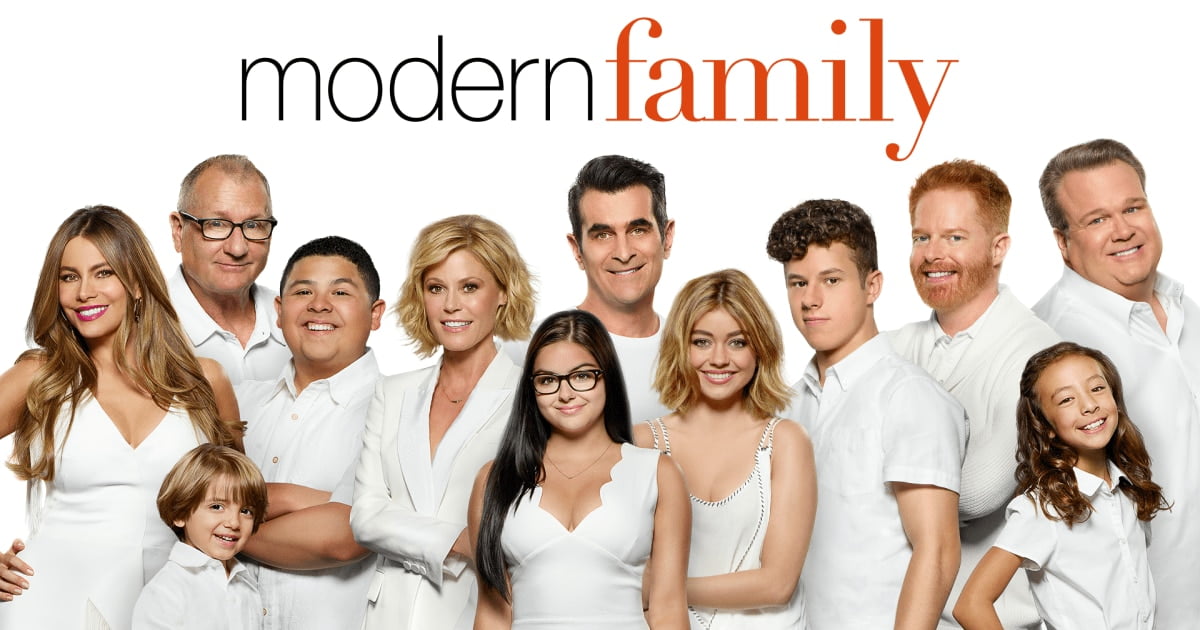
Jay Pritchett’s family on ABC’s popular sitcom “Modern Family” is a reflection of many families in the U.S. today. Jay (Ed O’Neill) and Gloria (Sophia Vergara) are parents of a blended family – in other words, they are in a second (or third) marriage and have children from multiple marriages.
How does Estate Planning work for a blended family, or a couple who is on their second, third, or fourth marriage?
As a Trust and Estate lawyer in the SF East Bay, I frequently handle estate matters for blended families. In most cases, this typically means you have parents of children who are on their second or third marriage who want to put an estate plan together for themselves.
Usually the couples want their assets to take care of each other during their lifetimes, and afterwards for their assets to be distributed to their children on their sides of the family. In other words, if a couple marries later in life, each spouse wishes for his/her assets to be passed to his/her children once the other spouse dies, and not go to step-children.
As an Estate Planning attorney, my clients are sometimes concerned that after the first spouse dies, the second spouse will be able to make changes to their joint will or trust, perhaps under the influence of a child. These changes might distribute the other spouse’s assets – the deceased’s spouses’s assets – to someone not in the intent of that deceased spouse.
This is where litigation can arise, so it’s extremely important to plan carefully. To avoid disputes, these types of matters can typically be resolved through the usage of sub trusts, which become irrevocable upon the death of the first spouse.
These sub trusts allow for assets to be placed into different “buckets.” This means that when the first spouse dies, his or her assets are placed in an irrevocable sub trust. An irrevocable trust, by its nature, cannot be changed or revoked. During the lifetime of the surviving spouse, these assets can be used for their care if need be, honoring the intent of the deceased spouse. After the surviving spouse passes, those assets are then distributed to the beneficiaries of the deceased spouse.
In some cases, this can also lead to litigation because the children of the deceased spouse may choose to fight with the surviving spouse over how these funds are used. If there is disharmony, the children of the deceased spouse may not want the majority of these funds used for their stepparent’s care, because it means there will be less money for them.
It’s always in the couple’s best interest to execute an Estate Plan with a reputable Estate Planning attorney. However, even the best estate plans can sometimes result in litigation. That is why I recommend the next important ingredient to Estate Planning for blended families:
Communication
Great communication with family members, including children, about what it is that parents want at the end of the day is invaluable. Pre-estate plan mediation or family meetings are a great way to accomplish this. And by this, I mean a situation where the whole family sits down and tries to work out an agreement. This often seems strange to parents – the settlors who are putting the trust and estate plan together – because they essentially feel like they have to get the okay from their children on how they distribute their own estate. However, if these meetings occur and everybody gets on the same page, or at least as much on the same page as possible, it can avoid a nasty and expensive litigation on the back end.
Avoiding litigation is really the most important focus that any estate planning attorney can have. So, I do recommend to my clients that they not only have a well thought out estate plan, but they also have these pre-drafting, pre-signature, or even pre-death meetings to try to hammer out problems and help their children understand what’s going to happen, so they don’t end up with fighting, attorney fees, and destroyed families.
For more questions about Estate Planning for couples in a second, third, fourth – or even sixth marriage with multiple children, call our SF East Bay Estate Planning Lawyers at 925-322-1795 for your consultation.
